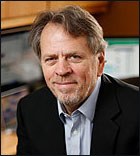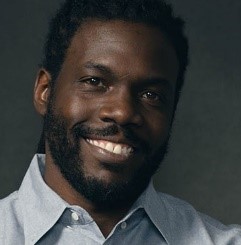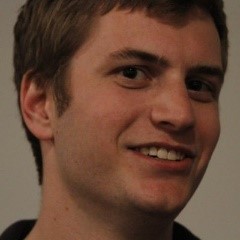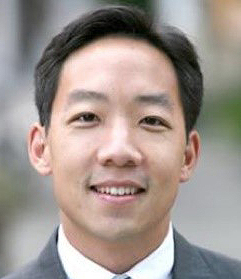Vanderbilt University School of Engineering added another pillar to the bridge it’s building to the maker community in Nashville and beyond.
The school’s daylong ” Design, Build and Test (DEBUT) Makerspace Planning Workshop” Dec. 11 attracted well over 100 registrants who were interested in previously announced plans for a 13,000-square-foot Innovation Center to be housed in a pavilion of the university’s new 230,000-square-foot Engineering and Science Building, set to open in August.
“We intend to energetically pursue a range of collaborations with Nashville makers and others to secure standing as a leader in a makerspace ecosystem that serves a wider community,” said Dean Philippe Fauchet, who opened the workshop.

The workshop’s chair, the engineering school’s Associate Dean for Research Peter Cummings, noted that the university and the school need the community’s help as the university works to translate its “fairly ambitious ideas” into reality. An earlier meeting held by Cummings resulted in an 11-member steering committee and three focused working groups: education, entrepreneurship and community, and to the creation of the makerspace workshop.
The wide-ranging workshop agenda featured two dozen speakers and facilitators, and represented a sequel to a recent presentation at the engineering school by TechShop CEO Mark Hatch, a maker movement thought leader.
Workshop sessions were led by people already involved in existing makerspaces at other universities and in industries in Nashville and Tennessee. Keynote speakers included Maria Oden, director of the Oshman Engineering Design Kitchen at Rice University; Yiaway Yeh, Google Fiber Expansion Lead, New Initiatives; and Marcus Whitney, president of Jumpstart Foundry in Nashville. Representatives from Georgia Tech Invention Studio, Atlanta; GigTank, Chattanooga; and the co-founders of makerspace entrant Make Nashville also attended.

Whitney, founder of The Unlikely Company, applauded Vanderbilt’s bridge-building, noting that the highest-performing entrepreneurial ecosystems always include a university that is producing talent, intellectual property and partnerships.
Whitney said he recognized about six years ago that Nashville would never “reach our full potential as a city if Vanderbilt is not engaged.”
Now, Whitney said, he hopes that as an actor within the broader ecosystem, Vanderbilt faculty and staff will forge relationships with investors and others; technology transfer and commercialization will be further streamlined; and, there will be communitywide agreement that the very changes in the status quo that make us uncomfortable are imperative.

Ryan Schemmel, co-owner and COO of the Fort Houston makerspace in Nashville’s Wedgewood-Houston neighborhood, told the audience that his makerspace is not a place for makers to start a business and “park it forever.” Rather, turnover and ferment are among ingredients in making its culture.
Schemmel also expressed a sense of near-urgency, noting that makers and the community at-large must recognize we’re at “a turning-point for Nashville.”
Speaker Yiaway Yeh, the Nashville-based expansion lead for new initiatives Alphabet’s Google Fibers business, and a former mayor of Palo Alto, Calif., cautioned that the community must remain focused on creativity and broad-based inclusiveness.

Yeh said that the maker movement in Nashville may not need a formal central organizer. Rather, collective maker action should probably be essentially organic. Vital ingredients of the resulting collaborative “discovery” would, he said, include sharing data, collectively defining some broad opportunities and constraints, illuminating “idea pathways” and cultivating partnerships.